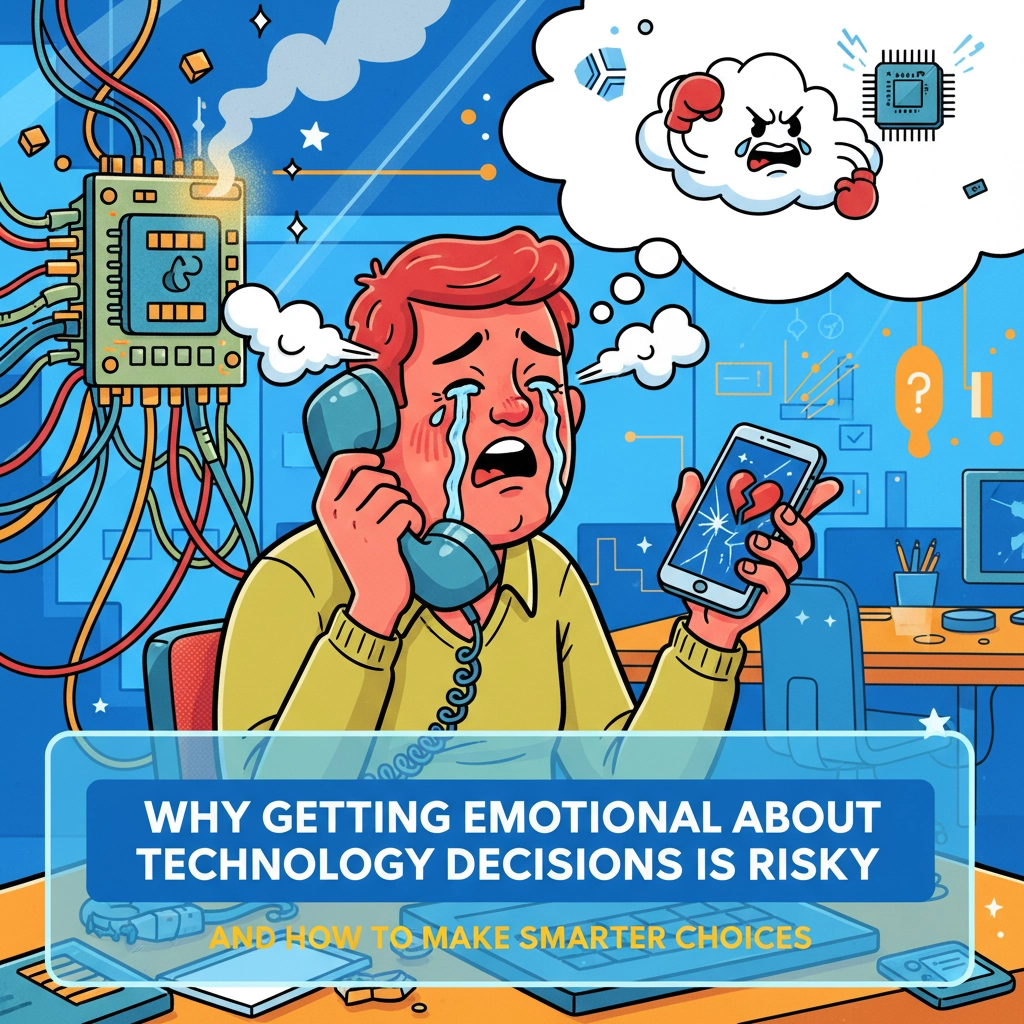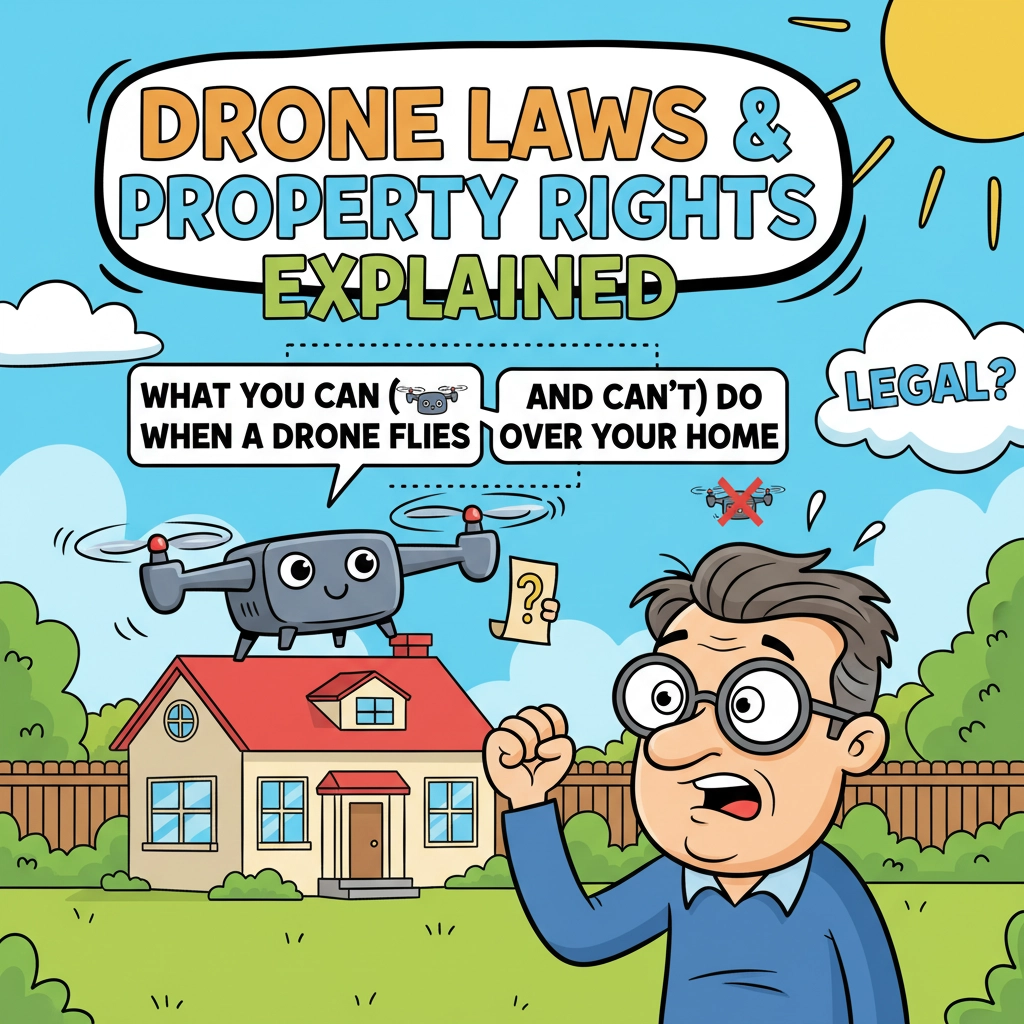When you need assistance, you want to receive a response quickly and effectively. However, when dealing with any type of technical assistance, there are a few crucial aspects to consider and be aware of that can affect how quickly your question is handled.
Contributing factors:
- IT Department Size
- Is this a small group or a large call center? It is more likely that call centers will offer 24-hour support, but they may not be as skilled at it and may take longer to discover a solution. Smaller, more specialized teams may not be immediately available, but they may be able to resolve the issue with less back-and-forth.
- SLA
- Service Level Agreement (SLA) is the agreement that describes how particular issues are triaged or addressed. Varying support departments have different response time objectives for various concerns.
- What’s the issue?
- The aforementioned SLA will relate to how different issues get prioritized. For example, changing an account around could hold a 3 day response goal while an outage could hold a 1 hour response goal.
- Who’s submitting the request?
- Is this a business or a consumer submitting the request? Is the person a VIP or Executive. Sometimes this can factor into the priority level.
- Current Queue
- During busier times, there’s more work, which means there is always the possibility that responses take more time.
- Hours of Availability
- When is support responding? When did you respond? Depending on the time you respond or request could maneuver things in the queue and yield a faster or slower response.
- Ratio
- When it comes to support, we often have a high client-to-technician ratio. One technician may have 30 requests in the queue on any given day; therefore, if you answer at 8:00 a.m., this technician may be working through the queue and may not respond to you until the remaining responses have been addressed.
- Form of Communication
- Are you chatting, calling, or sending emails? Depending on the type of support staff you’re dealing with, you may be able to initiate an instant chat or call.
- What level of technician you are working with.
- Back to the first point, Level 1 (password resets and less complex problems) typically handles the immediate methods of communication, whilst your more competent experts may only be available via scheduled phone calls or emails as they work on more time-intensive requests.
With so many contributing variables, it is essential to recognize that every problem requires a careful balance to be resolved in a timely manner. IT may not be available at all times, just as you are not available 24 hours a day, every day. It depends on the aforementioned variables.
Share this:
- Click to share on Facebook (Opens in new window) Facebook
- Click to share on Tumblr (Opens in new window) Tumblr
- Click to share on X (Opens in new window) X
- Click to share on Pocket (Opens in new window) Pocket
- Click to share on Pinterest (Opens in new window) Pinterest
- Click to share on LinkedIn (Opens in new window) LinkedIn




